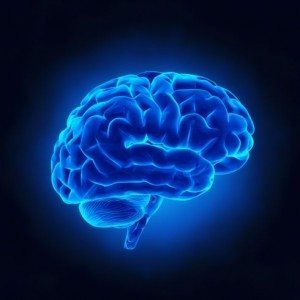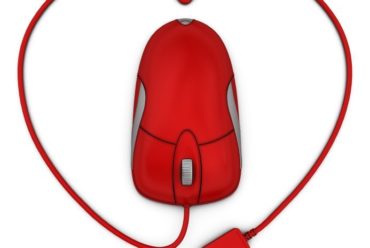It’s All in Your Head
The mind is its own place, and in it self
Can make a Heav’n of Hell, a Hell of Heav’n.John Milton, Paradise Lost
 On my trip to Tibet several years back, our small group camped in the countryside, visiting remote nunneries and other sacred sites. Set high atop mountainous terrain, many of these sites could only be reached by a strenuous hike. After several days of camping and hiking, we looked forward to the hot springs we would find at the end of the trek.
On my trip to Tibet several years back, our small group camped in the countryside, visiting remote nunneries and other sacred sites. Set high atop mountainous terrain, many of these sites could only be reached by a strenuous hike. After several days of camping and hiking, we looked forward to the hot springs we would find at the end of the trek.
On the way up, some of my friends and I started talking about the idea of heaven and hell of the mind. You wake up joyful and serene one day: Heaven. You check your computer and find an upsetting email: Hell. As you drive home from work, you think of the big sale you just made: Heaven. The next moment, someone rams you from behind: Hell. Heaven, hell. Heaven, hell. Our days can be filled with fluctuations of mood, all spurred by external events.
The tenets of Buddhism, of course, say that our emotions are of our own making. Events are neither “good” nor “bad,” they are simply events. How our minds react to them is the thing we can control.
Pico Iyer, in The Open Road, points out that, “We see a rope in our room and take it to be a snake, the Tibetans say, and we are terrified; but as soon as we look more clearly and see that it is just a rope, all our fears are calmed.”
This is not just some hopeful Buddhist platitude; there is scientific evidence that we have the ability to control our reactions.
Jill Bolte Taylor, a Harvard trained brain scientist, suffered a massive stroke in 1996. In her book My Stroke of Insight, she gives witness to the rapid deterioration of her brain’s ability to process information and her subsequent 8-year recovery. Dr. Jill’s experience provides fascinating insight into the functioning of the two hemispheres of the human mind. After her near-fatal illness, her left hemisphere lost all ability to process, while her right brain was remarkably active and accessible in whole new ways. She acquired a profound sense of one-ness and peace.
Dr. Jill says we have the ability to choose how we respond to stimulation at any moment. When faced with a distressing event, our limbic system is triggered automatically with a feeling of fear or anger. However, here’s the rub: after the program triggers the chemicals that surge through the body, it takes less than ninety seconds for them to be completely flushed out of the bloodstream. So, in less than two minutes, the chemical reaction that causes your emotion is over. Done. Exit anger.
To remain angry, you must choose to allow that circuit to continually run. After the initial automatic response, it’s your choice to continue in Hell, or get back to Heaven.
Back in Tibet, when our little group finally got to the end of our grueling hike, we were dusty and sweaty, our aching muscles in desperate needs of a soak. The women entered the female-only side of the hot springs and peeled off our clothes, treasuring each moment as we waded into the warm and welcoming spring. I laid back in the water while my friend Jeannie gave me a much-needed neck rub. “Ahhh,” I said, “This is my idea of heaven.” I dunked my head under the water and came back up.
Jeannie looked at me in utter horror and reported, “There’s a snake on your head!”
Heaven, hell. Heaven, hell.







